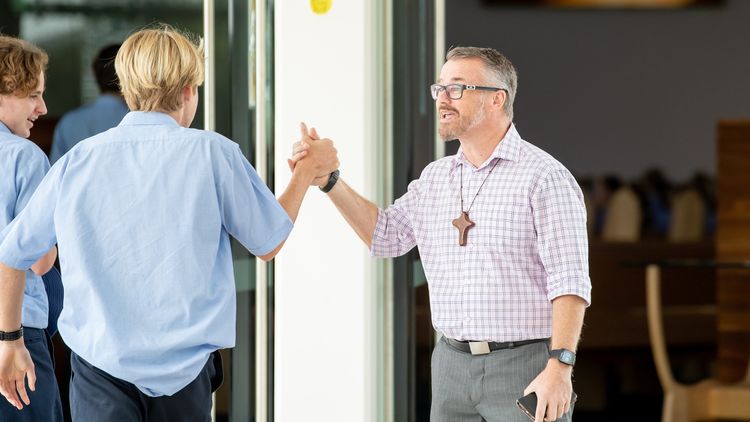Education shapes the way we see the world – and the way we change it. All Saints is a community where curiosity and compassion guide everything we do.
Step onto our campus and you’ll feel the energy straight away. Students greet challenges with confidence, staff go the extra mile and a genuine warmth fills every corner – a community that lifts one another to aim high.
That vibrant culture fuels everything that follows. Our learning is deliberately agile, blending strong academic foundations with real-world problem solving, creativity and service. We want our graduates to know who they are, care about others and thrive in a world that never sits still.
Grounded in the Anglican tradition, we nurture the whole person – mind and spirit. Kindness, gratitude and meaningful action weave through daily life, guiding young people toward lives of purpose and compassion.
At All Saints, opportunities stretch far beyond the classroom: on stage, on the field, in the lab, in the great outdoors and out in the community. Each experience invites students to step out of their comfort zone, discover their passions and take the next small step toward something extraordinary.
Of course, none of this happens by chance. Our teachers are mentors, co-learners and champions: igniting inquiry in the classroom, cheering from the sidelines, and modelling the curiosity and integrity we ask of our students in their own professional growth.
All Saints is, above all, a united community – students, teachers, parents, guardians and alumni working together to nurture an environment where everyone can learn and grow.
I hope you will visit us and experience the All Saints difference for yourself. I look forward to meeting you.



